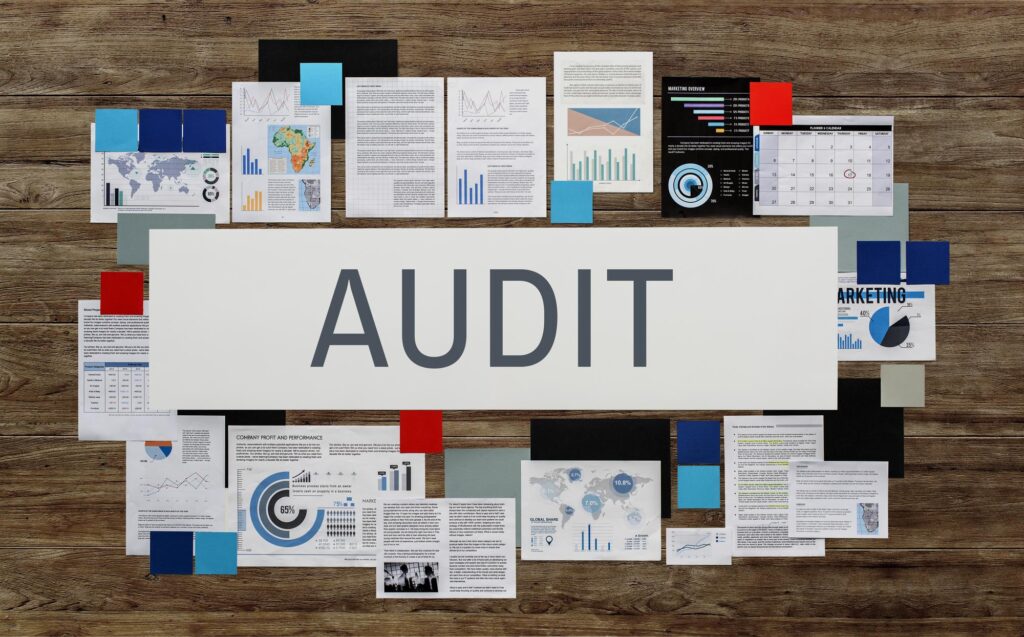Understanding The Regulations

There are many advantages to being a successful government contractor. However, the government has stricter rules and regulations regarding accounting when compared to private sector clients. It is important to keep up with federal regulatory requirements.
Federal government agencies receive their funding from taxpayer dollars and they need to justify their spending to prevent waste. We will help you make sense of government accounting so you can develop a methodology that works for you and your business.
The Integrity Of The Procurement Process
All bidders on government contracts must have equal access to any information needed to put together a comprehensive bidding package. A company that is bidding on a federal contract may not receive information that is not public to provide an unfair competitive advantage in the field. This includes things like an innocent email accidentally going to the wrong person.
The Government Is Different
Small businesses should be aware that doing business with the federal government is different from doing business with civilian companies or individuals. The government must long-term protect the public interest and not abuse funds in the public treasury. They must be very responsible with the money that is provided by the hard-earned tax dollars of their citizens to avoid all inferences of unfair advantage.
A small business must make sure that they are not participating in the following:
- Bribes
- Gratuities
- Kickbacks
- Conflict of interest
- Lack of procurement integrity
Any suspicions of this type of conduct can get a business barred from doing business with the federal government for life and can include criminal sanctions. You should be very careful not to do anything that might violate the integrity of the government process. These provisions include the “officials not to benefit” clause, the “anti-kickback” provisions, the “gratuities” clause, etc.
Bidding

The government usually makes sure contracts are competitive through the use of sealed bidding. First, the agency makes sure that its requirements are accurate and complete. Then an Invitation For Bid or IFB is issued. The IFB will describe the type of product or service that is being procured by the government. It also includes:
- Preparation Instructions
- Conditions of Purchase
- Packaging
- Delivery
- shipping
- The payment with contract clauses to be included
- Submission Deadline
The sealed bids are opened in public at the purchasing office at the time designated in the invitation.
The bids are read aloud and then recorded. The contract will be rewarded to the bidder who has the most competitive pricing and can meet the government agency’s requirements.
Government-wide IFBs can be found at FedBizOpps which provides a direct link to the invitation. Potential contractors can search the Central Contractor Registration to identify qualified small business opportunities. Any small business that wants to sell to the government should be registered on CCR.
Consolidated Purchasing Programs

Just like any other organization, the federal government has common purchasing needs such as petroleum products, carpets, furniture, perishable goods, and standard office supplies.
For this reason, it made sense to centralize the purchasing of various types of common products and services.
Some new procurement models for acquisition include multi-agency contracts and government-wide acquisition contracts or GWACs. These types of contracts help obtain long term vendor agreements with fewer vendors. The GWACs have become very popular because they allow government buyers to quickly fill requirements by issuing orders against existing contracts or schedules without starting a new procurement action from scratch. Agencies can now competitively award several or multiple task order contracts to different firms for the same products and services. This practice allows federal buyers to issue orders to anyone or a combination of several firms with relative ease.
Have A Clear Understanding Of The Government’s Accounting Requirements
The Financial Accounting Standards Board (FASB) states that contractors must comply with the following to work with the government:
- Federal Acquisition Regulations (FAR)
- Cost Accounting Standards
- FAR agency supplements
Understanding Audits

Your company should be clear on what the DCAA considers the responsibilities of federal contract actors. They include the following:
- timeliness of payments to subcontractors
- documentation of contractor oversight of subcontractors
- documentation of enforcement of flow downs
- documentation of support for subcontractor billings
- documentation of subcontractor reviews
The Key To Winning A Government Contract Is To Pay Attention To Guidelines
You must read closely what the request for proposals or RFPs wants in your bid. Make sure that you are aware of deadlines and who is handling the requests. Usually, small businesses have 6 to 8 weeks to submit a bid but this can vary, depending on the agency.
Follow Specifications
Contracting with the Federal government is not the proper moment to reinvent the wheel. Follow all specifications and measurements that were originally agreed upon in the contract. If you do something different, it may be too big or too heavy or may not fit and the government will not accept it. Simply comply with the contract terms, particularly the specifications.
Make Sure You Have Your CAGE Code (Commercial and Government Entity)
This code is five characters and unique to your business. It’s your ID code, and government agencies will identify your business using this code. It is a bit like a social security number for your business. If your business includes more than one facility, then you will need multiple CAGE codes. Each location must have its unique code, and each location must be registered separately with SAM.
How Do You Get Started Working With The Government?
SAM stands for System Award Management.
To do any business with the federal government, you must register your business in the System for Award Management. The government will not hire any type of business that has not registered in the SAM directory.
We have an article on our site, Everything You Need to Know About SAM for Small Businesses, that gives you important information about this process.
As a smart entrepreneur, you have already used our site to register in the SAM directory. Congratulations on taking this important first step to becoming a government contractor.